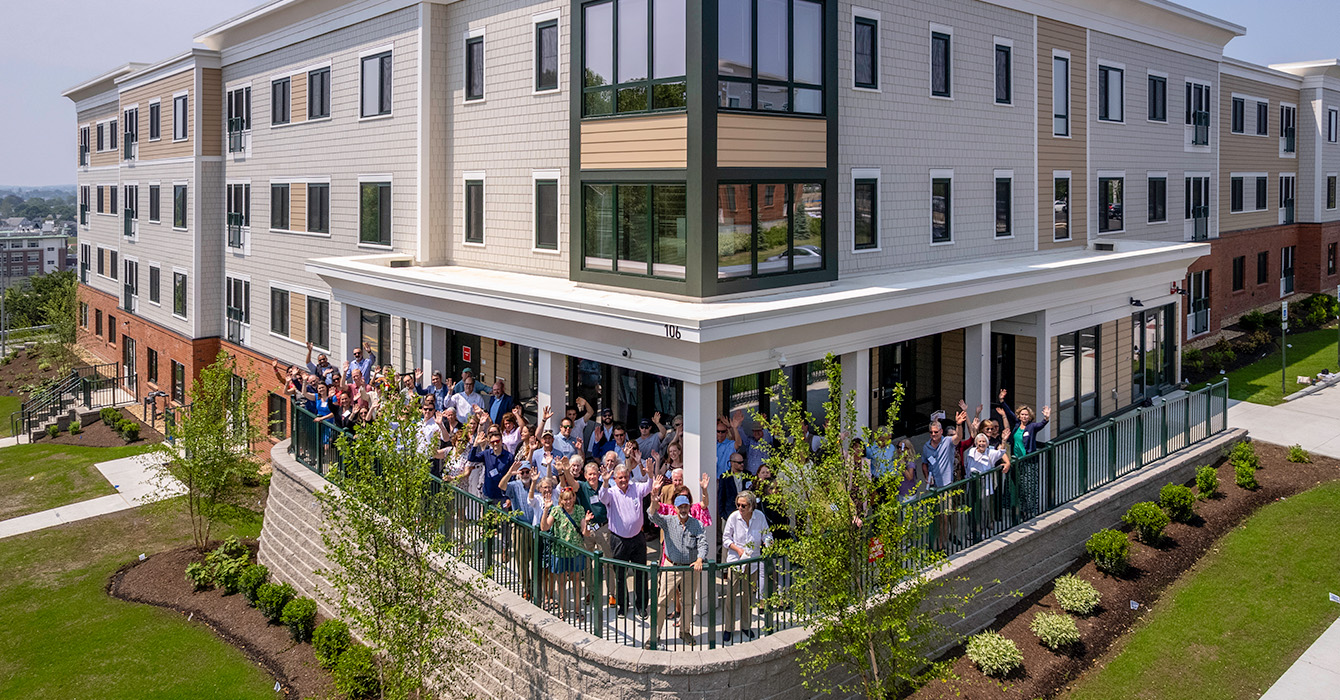When I first became aware of the stress on congregations and denominations after the 2008 financial crisis, leaders were complaining that church members were not giving enough money. Over time, the conversation has shifted to identifying alternative sources of revenue and using assets differently.
I hear many discussions about buildings and how we use them. I don’t hear much about how we use time, especially staff time, and the financial implications. Yet exploring how our time and money are connected and reconsidering how we establish our priorities are critical to identifying new and renewed financial models.
The average congregation spends more money on staff than on any other category. According to the National Study of Congregations’ Economic Practices released in 2019, 49% of the budget of the average congregation goes toward personnel. Most congregations are not going to be able to make a significant shift in their financial situation without discussing personnel.
Much of the church avoided the industrial age’s obsession with connecting time and money. The invention of management sciences meant factories could measure how long it took to make products. Workers were expected to produce more or be replaced by a machine that would. Over the last few decades, physicians have faced pressure to decrease their time with each patient. How time is spent is directly, and often painfully, tied to the financial statement.
Congregations have seldom connected these dots. Pastors labor for hours on a single sermon and may spend far more time with a family at the hospital than physicians or nurses do.
The tension between the American culture’s view of time and the church’s view does raise its head occasionally. Members may complain about inefficient committee meetings that go on for hours or wonder how the pastor spends a day. But typically, the church exists as a correction to the dominant culture’s focus on time. Most people find it difficult to put a clock on a mission that seeks to transform the world.
Practically speaking, most congregations are organized in some form of democracy. Every person in the faith community has an opinion, and potentially a vote, about how the staff members spend their time. Which means that asking them to decide how the pastor should invest time is a prescription for a mess.
One of the things I learned from Jill Hudson’s work on evaluating clergy is that congregations should start by evaluating their communal ministry, not the pastor’s. It is easy to conflate the two. Hudson encouraged the congregation to focus on establishing goals for its ministry and evaluating the accomplishment of those goals before turning attention to the pastor’s contribution to accomplishing them.
This process can be applied to how time is allocated. The church can establish priorities for how its time is spent, and with that clarity, pastors can establish priorities for their time.
Setting priorities is a part of any congregation’s planning process. But following up on the priorities is a constant challenge in most places.
Typically, the priorities indicate where new energy will be focused or where certain old things will be renewed. Yet also typically, we expect all the old stuff to keep happening as well. I have rarely encountered leaders who are empowered to say “no” or “not now” to programs and activities that are not -- or are no longer -- connected to the priorities.
I am advocating for setting priorities in a way that makes room for everyone to determine how time is used.
For example, as a freshly graduated pastor in rural North Carolina, I was responsible for two services and a Bible study every week. Most of the church showed up for one of the services -- on Sunday morning. About 15% of the morning crowd would show up on Sunday evening, and about 10% would show up on Wednesday night.
As a newbie, I had to work hard to come up with stuff to say three times a week. I decided that I should put about 10 times as much work into Sunday morning as I did Sunday night and Wednesday night.
The congregation was clear with me about the priority of Sunday morning. But I don’t think it would have been helpful for them to set rules about how I spent my preparation time. Pastors, like any of the rest of us, need some agency to determine how time is spent.
Over the years, the congregation decided it was OK not to have services every Sunday night. We were able to establish different priorities and use our time differently.
As we think about priorities, we should consider who is affected by how we spend time and in what way. Scripture challenges the church to love one another, and the great commandments call us to love our neighbor as we love ourselves.
To establish priorities, maybe we should start with a question that clearly focuses our audience. For example, “What does our neighborhood need that only a church can do?” Or, “What is our congregation gifted to do in this neighborhood?” These questions move away from what “I” or even “we” want. These questions move us toward talking about impact.
When the congregation has clear priorities that build on its strengths, the pastor can figure out how best to spend his or her time. And the congregation can figure out how much staff it needs or what its budget should look like in the future.



















